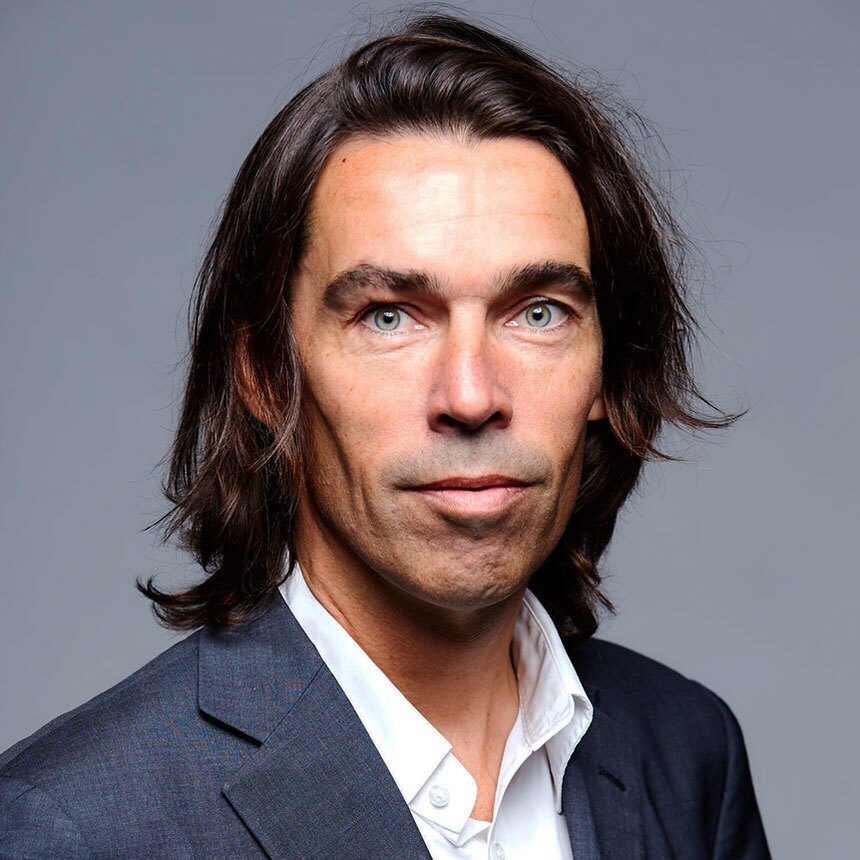LONDON — Hoteliers in Europe aren't abandoning their investments into diversity, equity and inclusion and environmental, social and governance initiatives.
Despite the politicization of DEI and sustainability causes in the U.S., European hotel companies are keeping their strategies in place. It's just another way to future-proof their investments in their portfolios, brands and businesses.
During a session titled “The investment outlook” at the Hotel Industry Development Event, panelists agreed that the responsibility for further DEI and ESG rests with Europe, for now.
Rebekah Tobias, co-founder and managing partner of ownership and investment firm Propela Ventures, said that responsibility begins at creating future-proof hotels.
https://www.linkedin.com/in/rebekah-tobias-2187b66
“Will anyone buy a product that is not so? It is not to be seen as a cost but as an investment. [ESG] has to be somewhere else in the P&L. It is not a case of margins,” she said. “Opposing [diversity, equity and inclusion] is ridiculous, as it affects all of us. It makes good financial sense to invest in DEI. It is not something that should be political."
Dimitris Manikis, president of Europe, the Middle East, Eurasia and Africa at Wyndham Hotels & Resorts, agreed that hospitality and tourism companies should maintain their DEI and ESG targets along with their bottom lines.
“Doing the right thing is doing the right thing, and we know what this is. For the next generation, for the planet. Operators know this,” Manikis said.
In the meantime, it's business as usual with vetting hotel investment and development opportunities. One big challenge, especially in the U.K., is getting planning permission approval, Tobias said.
“We focused on the United Kingdom due to pricing, and family-office backing means we can take a longer-term stance. What is problematic is getting involved in any type of planning. Investors are very cautious of that,” she said, adding Propela provides seed capital for owners, rather than owning real estate itself.
The U.K. and Germany have an excellent pool of hotel pipeline opportunities, Tobias added.
Future-proofing technology, pricing models
Another way hotel owners can protect their investments is by strategically funding technology upgrades, said Wouter Geerts, director of market research and intelligence at Mews. Historically, it's been difficult for the hospitality industry to keep pace with rapidly changing tech trends, but that's getting easier.
https://www.linkedin.com/in/woutergeerts
“Hospitality spends 4% of revenue on technology, but it is getting cheaper," Geerts said.
He added IT will make further inroads into the hotel industry due to an increase in operating costs and the demand from management for new types of revenue generation. One example is dynamic pricing “everything in the hotel,” he said, and hospitality's tech infrastructure is quickly evolving.
“The speed of change onto the cloud is really ramping up. Yes, that’s been here for 10 years, but it is needed now more than ever as costs and turnover rates are really high,” Geerts said.
Manikis said one of the most important things he has seen in the hotel industry in the past few years is the increase in importance of revenue per available square meter as hoteliers consider more ways to generate revenue on-property.
More consistent hotel demand in Europe
Last year was a big year for major events in Europe, including the Olympic Games in Paris, Taylor Swift’s Eras Tour throughout the continent and the UEFA European Football Championship throughout Germany. But hotel performance on the continent should continue to stay steady in 2025 as corporate demand recovers and more international travelers return.
“Just look at occupancy and compare it internationally. Seventy percent in Europe, and 63% in the U.S. [Average daily rate] continued to go up. There are reasons to be confident,” said Thomas Emanuel, senior director at STR, CoStar’s hospitality analytics division. “Performance is growing during the week, and more corporate travel is coming back. Asia-Pacific arrivals should exceed 2019 levels this year.”
https://str.com/team/thomas-emanuel
Europe will continue to be a global events mecca going forward, Emanuel said.
“We do [events] very well,” he said, adding 2025 events and hotel performance would benefit from low supply, which, if all pipeline rooms were to open, would equal only 2.7% of current supply.
“Not all will open, and they will not all open at the same time,” Emanuel added.
Manikis said new feeder markets were emerging to join the party.
https://www.linkedin.com/in/dimitris-manikis-1263b55
“India is an enormously important market. Chinese [travelers] might travel to Southeast Asia, but Indians, they will travel to Europe. We are bullish,” he said.




